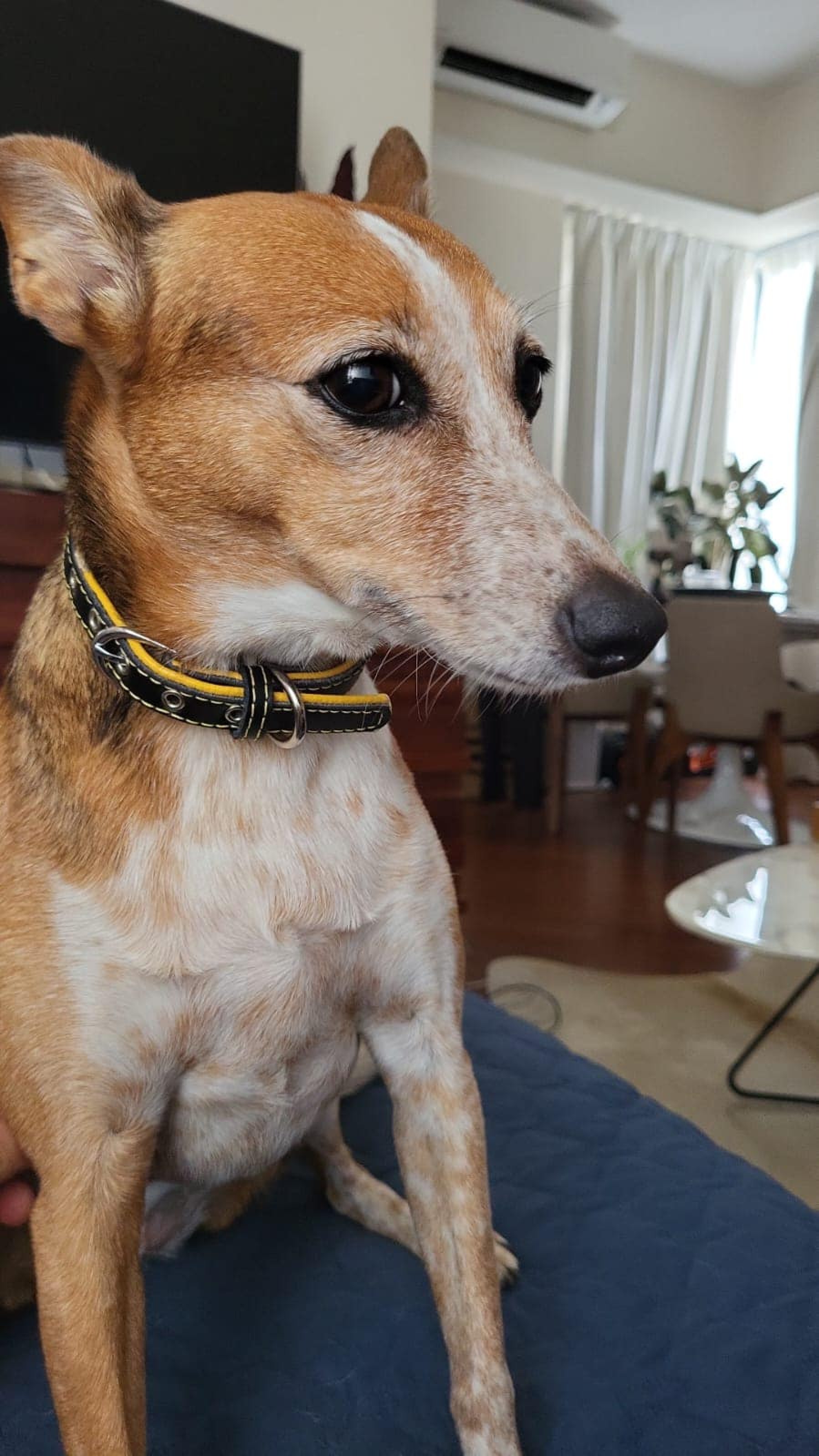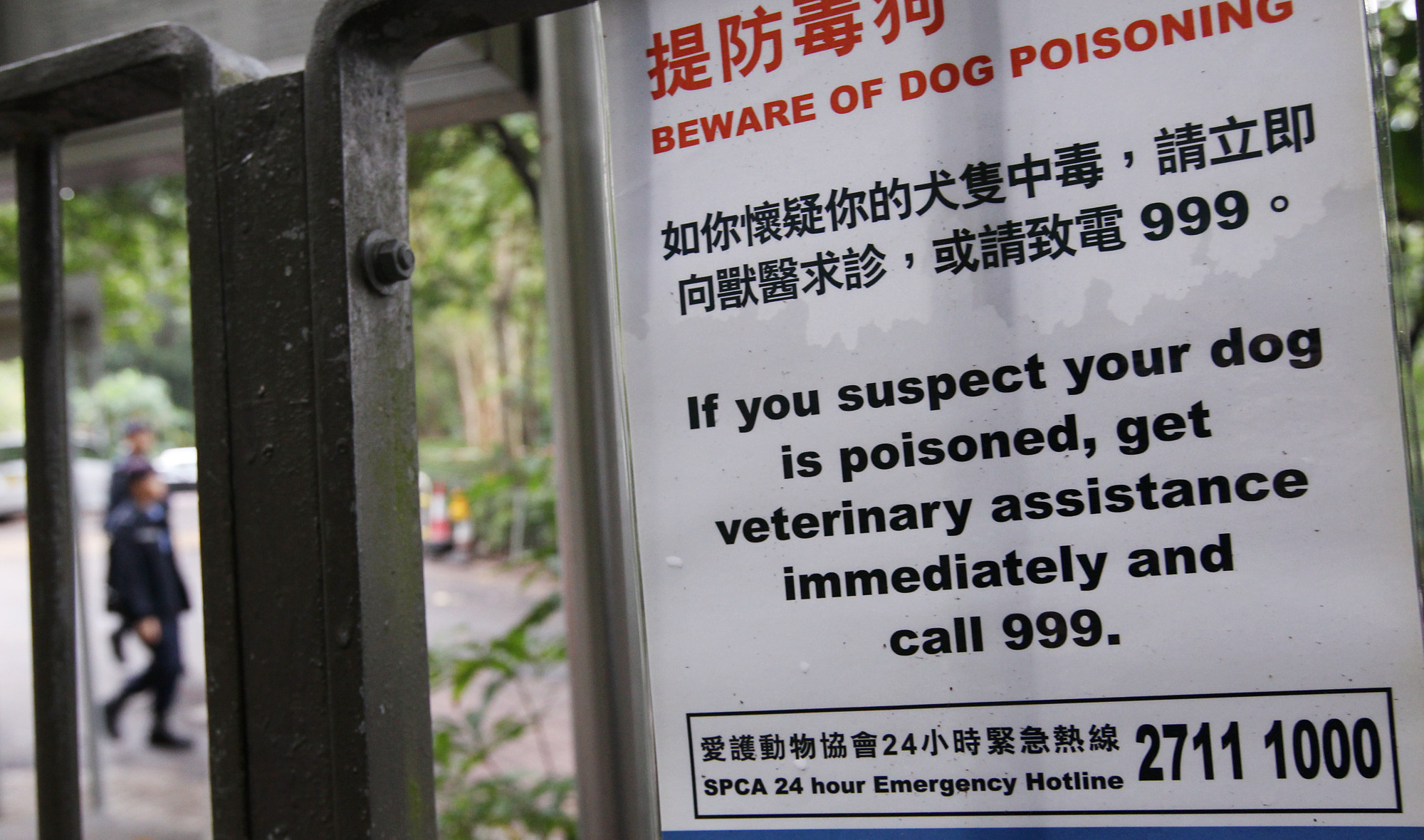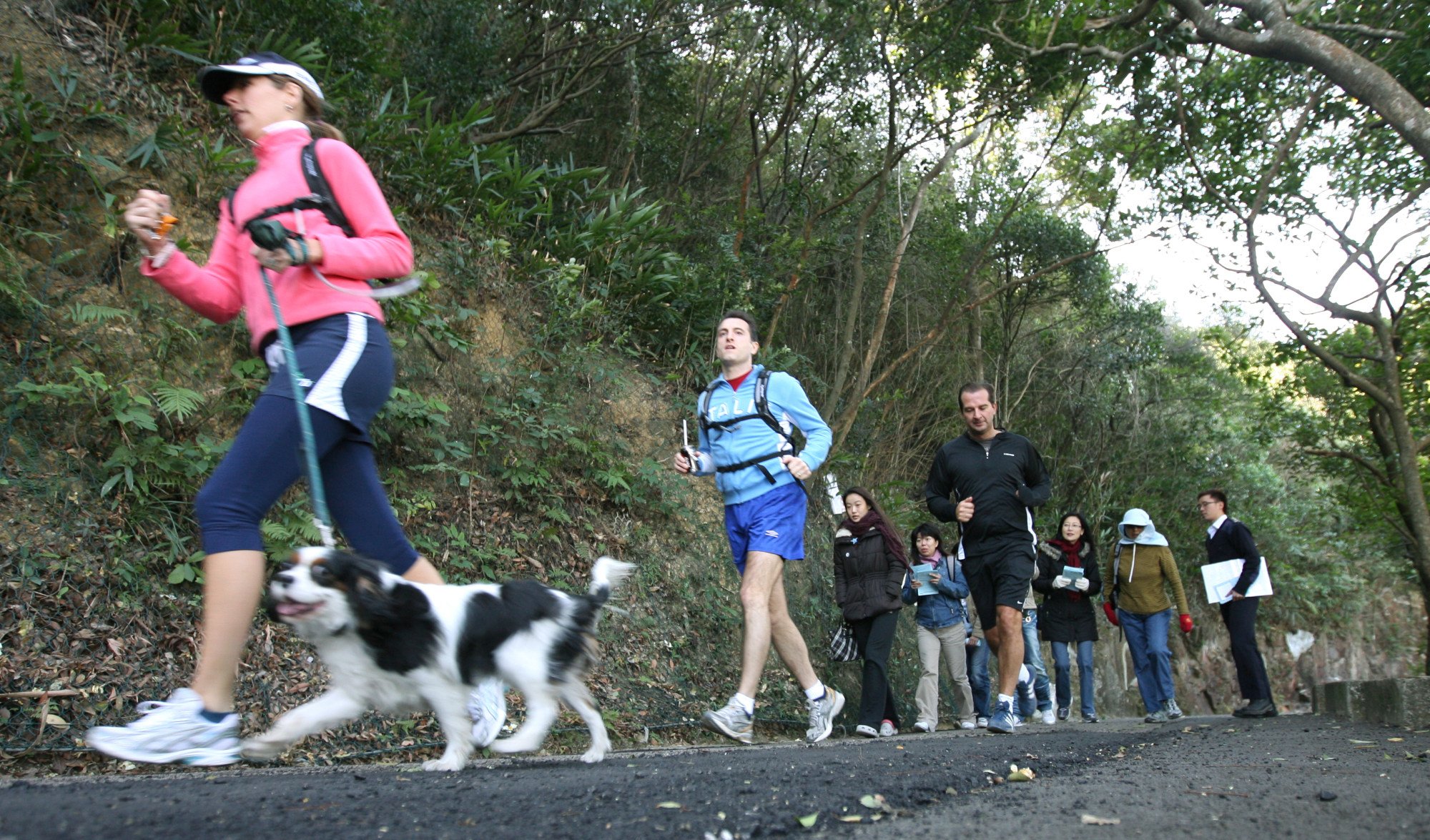
Curse of the canine killers: new Hong Kong dog poisoning death reignites fears as 30 years of crimes against animals remain unsolved
- Just after Christmas, ‘Brownie’ became city’s latest dog poisoning victim, part of a 30-year unsolved crime spree that has claimed hundreds of canines
- Despite special police units, private pet detectives and dog-owning vigilantes, mystery still remains over who is behind the killings
A couple of days after Christmas, Michael Brcic took his dog Brownie for a long, on-leash walk in Hong Kong’s Central district.
Australian-born Brcic had just recovered from Covid and was craving some fresh air and quality time with his energetic eight-year-old Italian greyhound, fox-terrier mix.
But a couple of hours after getting home, the dog let out a screech. As an operating theatre nurse, Brcic knew something was wrong. Then Brownie started vomiting, shook with seizures and lost control of her bladder.
In a cab on the way to a vet, the animal’s body became rigid, her heart was racing, and her eyes had rolled to the back of her head, all symptoms of poisoning.

Around 4am, after suffering more seizures and kidney failure, Brownie was dead.
“She was 100 per cent healthy before this. It is heartbreaking,” said Brcic.
He said the vet suspected poison from antifreeze, an additive which lowers the freezing point of a water-based liquid and can damage a dog’s kidneys and be fatal, even in small amounts.
“She was curious and liked to lick and sniff just like all dogs do,” said Brcic, adding he planned to take Brownie back to Australia where she had been rescued aged six weeks and brought over to Hong Kong in 2018.
Brcic and his partner had reservations about moving to Hong Kong because of the high number of dog poisonings in the city.

For more than three decades Hong Kong has been plagued by what became known as the “Bowen Road dog poisoner”.
Hundreds of dogs – including a terrier belonging to Hong Kong’s last colonial governor, Chris Patten – were poisoned in an affluent area of the city.
Patten’s dog Whisky survived but the Society for the Prevention of Cruelty to Animals, or SPCA, estimate that about 200 dogs have died since the early 1990s.
The authorities still do not know who is responsible. In 2000, a pet detective from Sweden was even recruited to help with the investigation.

There have also been outbreaks of dog poisoning in other parts of the city.
In 2021, nine dogs died after spending time at a park in the district of Cyberport in the Southside of Hong Kong. At least 15 suspected cases of animal poisoning were reported in a month. Six dogs died in the space of a week.
Mia Fong’s dog Gamma was one of them. Her eight-year-old golden retriever died after eating poison-laced luncheon meat.

That spate of killings prompted the Hong Kong Police Force to launch a campaign targeting dog poisoners. Surveillance cameras were installed in the area and the park’s management increased the number of guards.
A reward of HK$422,000 (US$54,000) was also offered by a group of dog lovers.
Fong also got proactive. She founded Gamma.hkg, a community group that shares information about suspected poison hot spots in the city.
SPCA chief veterinary surgeon Jane Gray said depending on the poison involved, symptoms may include vomiting, diarrhoea, increased thirst, panting or restlessness, excessive urination, and racing heart rate.
Severe cases can display muscle tremors, seizures, collapse and heart failure. “Get to a vet as soon as possible,” said Gray.
In Hong Kong, cruelty to animals carries a maximum penalty of three years in jail and a fine of up to HK$200,000.

